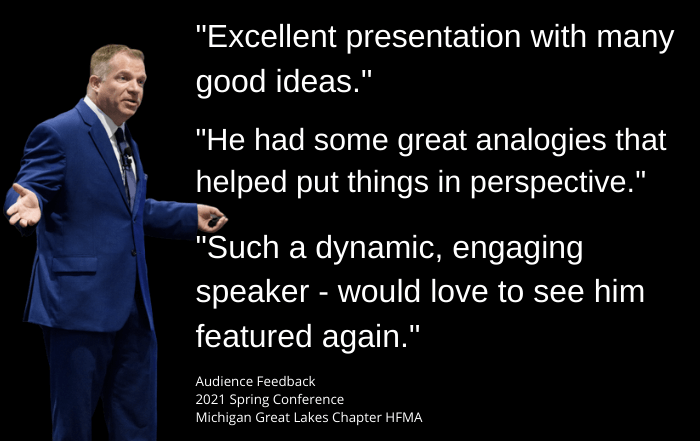 While leaders may acknowledge employee engagement problems, very often there’s not much consideration about solving frustration at work. If left unaddressed, little issues will grow like weeds and have a damaging impact on your work culture.
While leaders may acknowledge employee engagement problems, very often there’s not much consideration about solving frustration at work. If left unaddressed, little issues will grow like weeds and have a damaging impact on your work culture.
Recently, on LinkedIn, I conducted a poll, where I asked people about the biggest source of frustration during their career journey. Below were the choices and the results:
- Micromanagement: 31%
- Poor Communication: 32%
- Office Politics: 28%
- Unreasonable Deadlines: 9%
Often individual complaints are symptoms of larger issues in an organization. Let’s talk about some possible solutions from a big picture perspective.
Micromanagement
As a leader, if you feel poor employee performance demands micromanagement, then there’s a chance some of your employees are borderline incompetent and need your constant supervision. However, is that really likely and can you afford the time needed for the higher level of supervision?
When it comes to solving frustration at work over micromanagement, focus on three areas:
- Hiring. Make sure you are hiring people who have the necessary skills.
- Training. People can’t perform a job well if they don’t know what to do. And sometimes it’s about how you want it done.
- Followup. Pick at time frame, like every six months and evaluate performance. Suggest improvements and provide support. Also, everyone knows these evaluation sessions are coming. They’re not a surprise.
If you’ve gone through these steps and there are still issues, then the employee may not be a good match for the position. Some kind of change is likely needed.
Poor Communication
Being busy is not an acceptable excuse for poor communication. Instructions need to be clear. You get bonus points if they can be memorable and repeatable.
An element of feedback is also important. Simply asking, “Does this make sense?” can save a lot of time and prevent costly mistakes.
Also, in large organizations, make sure communication does not become a game of telephone, where an initial message changes the more it is passed down.
Office Politics
Granted promotions or workplace opportunities can be subjective. But sometimes they’re not and special treatment is taking place. Whatever the case, does the perception of a problem become the problem?
If employees feel there is a silent acceptance of unfair situations, then you have a serious issue. Solving frustration at work becomes impossible if people feel like the deck is stacked against them.
As an organization, do you have stated values of fairness? And are those values repeated and demonstrated.
Unreasonable Deadlines
As someone who worked with daily deadlines for more than a decade, I understand the need to get things done in a timely fashion. I also know there are limits to what can be achieved.
For instance, as a news reporter, time and distance always had to be considered. No matter how much you wanted, you could not be in two places at once or perform two hours of work in a half hour.
In your business, are your deadlines reasonable and achievable? Do people need more support to achieve them?
Staying late should not be seen as a victory of management. While extra hours may be unavoidable at times, consider how you can lessen their impact on employee performance and morale.
If staying late is acceptable, then going home early should be a counterbalance.






